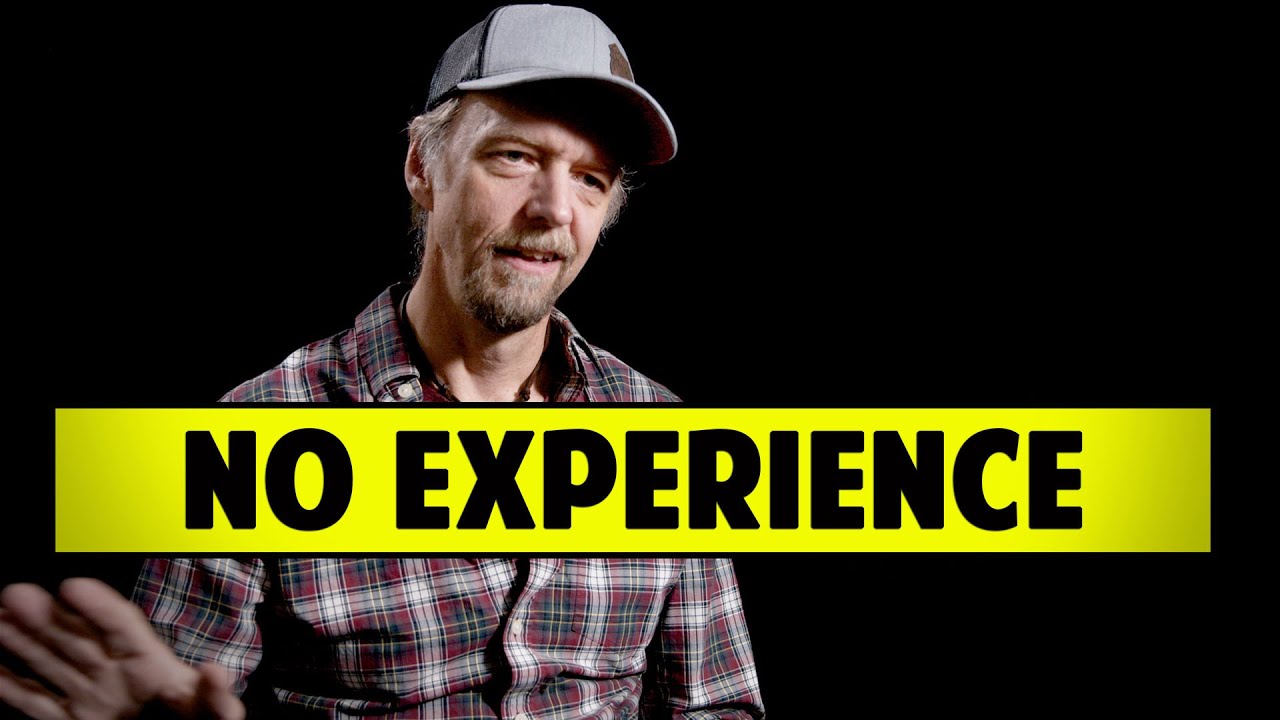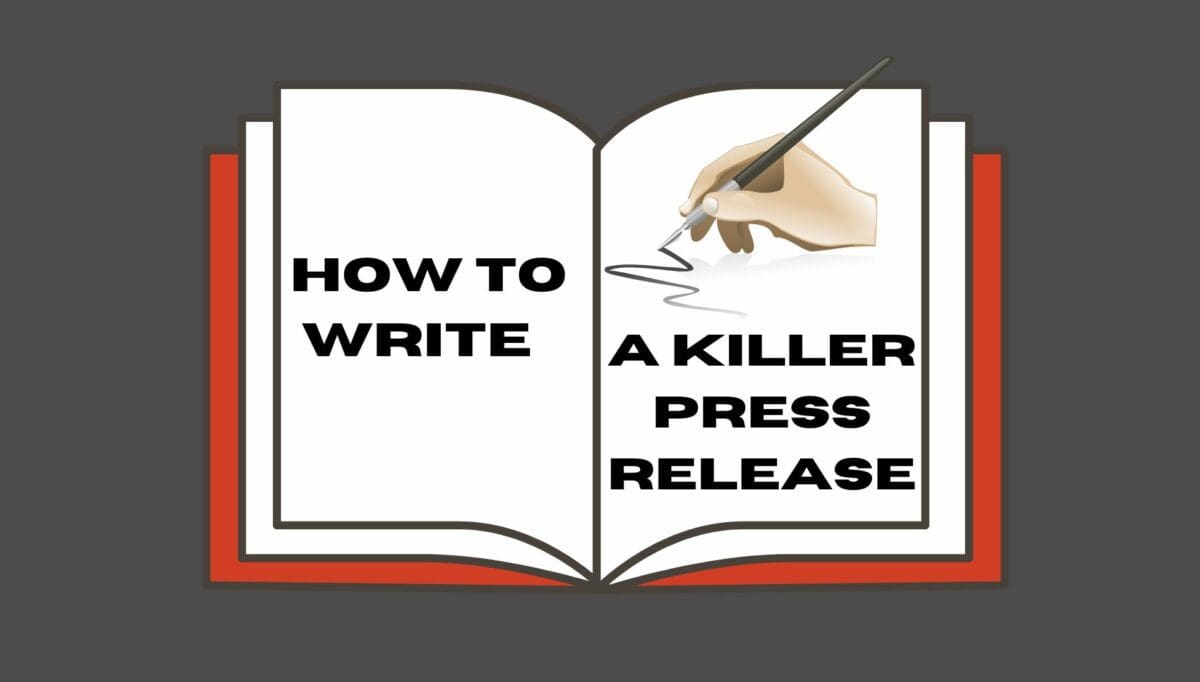Becoming a film director seems like a daunting task. If you have the drive to be a movie director, it’s within your scope. You don’t need to move to a major city or go to an esteemed film program. The main ingredient is initiative. If you have that, you’re halfway there. We’ll provide you with the other half. This article will highlight the experience and knowledge you’ll need for your biggest question: how to become a movie director.
Why Become A Director?

Why does one seek to become a film director? Is it the glamour of red carpets? The allure of working with top stars? Perhaps even the gratification of receiving an esteemed award as a movie director?
The above are all superficial reasons that non-artists often affiliate with aspiring movie directors and filmmakers. Though there’s nothing inherently wrong with them, the discipline has a much more earnest aspiration behind it. This is the desire to express something. The film is a visual medium. This makes it much more stimulating. By utilizing this aspect to advantage, a story can resonate with a wider audience. That’s why it’s a multi-billion dollar industry.
Directing is an admirable goal. It’s an ambition that incidentally can command authority and respect. So what keeps people from its pursuit? Why is it not received as a viable career path?
Oftentimes, the competitive nature of the industry turns an aspiring movie director away. Discouragement from family and friends is also a common experience among those in the field. It’s easy for one to lose assurance in your ability with such rhetoric. However, your dreams are far from impossible. If you’re willing to work for it, your efforts will be rewarded. We will detail the most challenging step you’ll take: starting.
How Hard Is It To Become A Film Director?

Becoming a film director does pose its hard obstacles. According to Forbes magazine, 80% of films fail. This is a percentage that has been circulating for years. It’s a crushing statistic initially. But what constitutes this failure?
In this case, money is the attribute that determines a film’s “success”. It would be naive to claim money isn’t important. That being said, the expectation that a film can warrant an immediate profit is amateur.
In the scope of feature-length films with theatrical releases, budgets can easily run into the millions. Generally, these are the same films that turn a profit. Therefore, studios can’t afford for these projects to land on the desks of first-time directors. If it’s big-name productions you’re after, you’re going to need to build a portfolio.
A body of work can begin in your backyard or local film club. Orchestrate your films and contribute to others in your community. This may seem an expensive hobby at first, as you’ll pay what you can for production costs. However, like college, it’s an investment in education. This is how you build the director equivalent of a resume. While you should store your files on an external hard drive, sites like Vimeo can make them more shareable with employers and peers.
Once your portfolio earns you a paid job, you’ll have a crew, budget, and distributors to ensure your film turns a profit. Until then, you have to focus on getting to that place.
It’s not about making money at first. It’s about networking, building experience, and gathering knowledge for when it is. That’s far from a failure. This is especially true when it comes time to separate yourself from the rest. We have tips as to how you can stand out, as well as ensure your best chances for long-term success.
Director Fundamentals
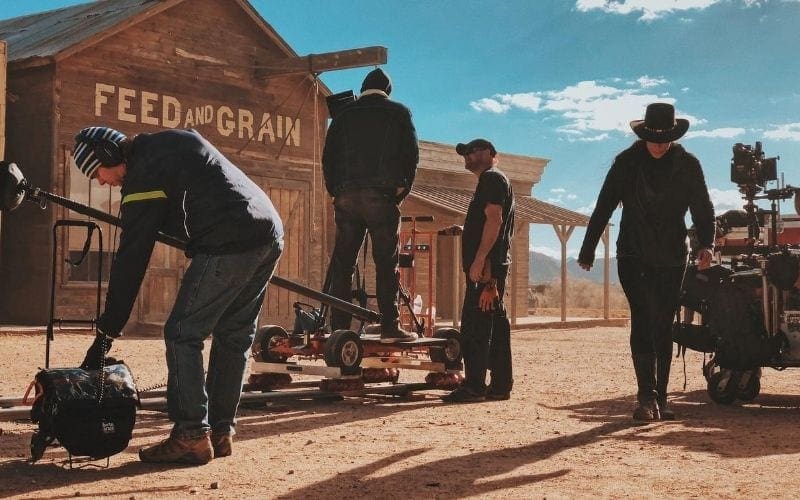
Many aspiring movie directors meditate on that dream for years. Oftentimes they fantasize about realizing their high production script, complete with a dream cast and gigantic budget. These achievements are all possible- but not if you wait for them to happen to you. You have to start somewhere. Don’t hold out for the perfect scenario/equipment. Resourcefulness breeds creativity. That ingenuity will provide the perfect foundation for your career.
Between BTS (behind-the-scenes) footage and press interviews, we see the prestigious side of the directing role. Celebrated directors carry themselves with authority and dignity. Appearances can make their profession seem unattainable, it’s hard for one to envision filling those shoes. However, their success can be broken down into basic principles. From there, we can determine how to become a movie director.
Technical Versatility
In the beginning, you may end up filling additional roles on and off-set. You may start out doing your cinematography, lighting, editing, etc. Embrace this and take special attention to these processes. Though they may not be your end career, you must have a thorough understanding. You will work with more people and begin increasingly larger productions. As this happens, you’ll accumulate a team to fulfill these positions. A movie director is, obviously, one who directs. As such, it’s ultimately up to you how these crew will operate. Much like in a corporate setting, those in leadership roles must know the job descriptions of those on their team. Otherwise, expectations are skewed.
One can most successfully allocate direction to their crew if they understand what their respective roles entail. This will facilitate mutual respect between you and the crew member. You recognize the limitations and demands of their job. Respectively, they give your requests more gravity. If you can verbalize technical terms for what you want, they’ll be more malleable to your intuition.
This is why the renowned Alfred Hitchcock prided himself as “first and foremost, a film technician”. His mastery of these practices is what allowed him such intentional use of camerawork, lighting, and other attributes. His technical experience permitted precision in directing. Hitchcock’s attention to these details is what made him among the most accomplished directors in history. This brings us to vision.
Vision
As previously mentioned, you’ll need to communicate what you want to your cast and crew. In addition to understanding their respective roles, you must meditate on what you envision for the piece.
You should prepare an answer for potential questions prior to arriving on set. This doesn’t mean they have to be written on paper, per se. For example, if your grip/lighting technician asks how you want a scene lit, you should have a pre-existing image in your mind.
This isn’t to say that your expectations must be fulfilled 100%. It’s good to be somewhat adaptable to your circumstances. However, your answer could starkly change your scene. A three-point lighting setup between two characters is starkly different from a one-light setup where one character is illuminated while the other is cast in shadow. So it’s both in the interest of time and film to know what you want. These people are actively contributing to your project, so it’s best to maximize their help. It’s ideal to communicate your ideas before even arriving on set. This will aid execution and efficiency. However, there will still be last-minute questions and adjustments that arise.
Say you don’t have an immediate answer to a question on set. If you say “I don’t know”, or behave reluctantly, you become less credible. As the director, you’re the person your crew answers to. You should know the project’s overview better than anybody else. If they feel they cannot receive a direct answer from you, they are likely to act at their discretion.
Own your vision for the project. It’s okay to know what you want. It’s also okay to verbalize it. Professionals will value your straightforward nature over uncertainty.
If you don’t have an immediate response, you can redirect the question to them. Instead of “I don’t know”, say “What would you suggest”? This instead provides them with creative input. You don’t have to provide this as a film director. If you do though, the additional perspective could strengthen the project and help your team members feel valued.
Networking
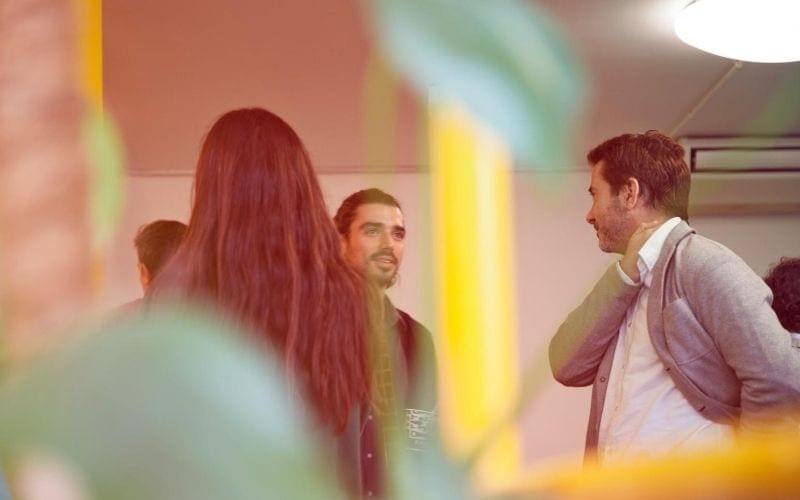
You’ve likely heard “It’s not what you know, it’s who you know”. Though the film industry is too selective to hire incompetent people (usually), this statement rings true.
According to a LinkedIn study, 70% of 2016 hires were employed somewhere where they had a preexisting connection. One can deduce that knowing the right person can make all the difference. Recognizing this in advance may land you the right connection. Regardless, forging symbiotic relationships in film is important to growing as an artist. There are avenues you can take to forge these ties.
Seek out local film clubs and organizations. If they have events or screenings, volunteer to help. Look out for local cast and crew calls. Fill the shoes of non-directing roles. You’ll be filling in their gaps, while also improving your artistry. Technical versatility is best preserved by being actively hands-on. When it comes time for a project of your own, they will be more motivated to return the favor.
Extend your presence online. Join film-related Facebook groups and subreddits. Share your films as well as the films of others. If you’re expecting to be lifted up by peers, you should initiate by uplifting their work first! Your “competition” is more likely your ally this way. Collaboration is an inherent part of the field, so embrace this mindset! If you approach peers early on, you’ll be more approachable for film opportunities later. Make friends, not enemies.
Style
Style is something that will come with practice. It’s like a muscle; you have to exercise it. Though it will occur to you naturally, you can accelerate the process by acknowledging what you like and what is important to you.
Hitchcock had suspense. Tarantino has linguistics and violence. The Safdie Brothers have tension. What will make a film yours?
Watch films of famous and favorite directors and think critically about the content. What is their directorial style? What translates well for you? Your eventual style will be your own, but it is inherent you’ll draw inspiration from artists you respect. This is notable in
Quentin Tarantino- his background in film comes entirely from the movies he’s watched. Yet, his reinterpretation of genre and history is independent to him. This is also where your story comes in. When drawing from your own experience, there will be pieces of you in every script you interpret. Recognize how you walk through the world, and translate that to the screen. By developing your style conceptually, an audience can truly share in your perspective.
Whatever it is, the style you develop is what Producers will one day approach you for. It’s not for anyone else to determine what that will be. If you can take an approach to film unique to you, you will be in greater demand. Review films you’ve made yourself as well. Internalize what didn’t work and what worked for you. You can echo the same themes and techniques in future productions so that they become recognizably yours.
Style is what creates a niche, which is your target market. If an audience comes to expect a certain type of film from you, that will be the demographic you will one day sell tickets to. It has a purpose beyond your preferences, so pursue it!
How to Become A Successful Film Director
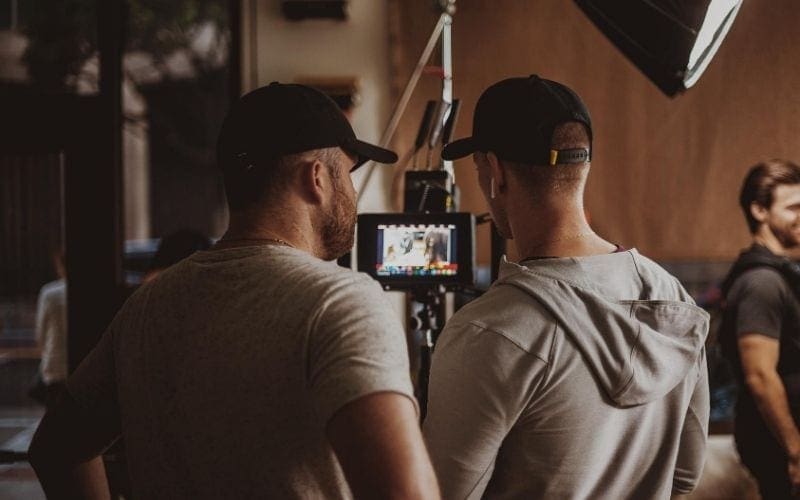
Your filmmaking journey starts today. Make sure people are watching along the way. You never know if the right person will take notice.
From here on out, claim yourself as a director with conviction. If someone asks what it is you do, or for your specialty, make it abundantly clear. When they one day need a director, they’ll remember that they know one. This is an early way to not only circulate your name but actualize it for yourself.
Take pride in what you do. Share your work everywhere you can- exposure is everything. Pursue outlets online and in festivals. Marketing is seen as the most negligible thing in amateur filmmakers. This is a grave misconception. Your objective is not only to make a good movie but to assure as many eyes land on that movie as possible. A good film is senseless without an audience to appreciate it. This is how you become a known director within your network and beyond. Don’t get discouraged without immediate public attention. There was a time when nobody knew your favorite director’s name.
Final Thoughts
Everyone starts somewhere, but through perseverance, hard work, and determination you’ll get to be the film director you want to be! Hopefully, these tips have made the process seem a little more reachable and achievable. Through technical versatility, vision, networking, and style, you’ll be well on your way to finding success in film. Remain committed to becoming a director and you’ll eventually land yourself where you need to be.

